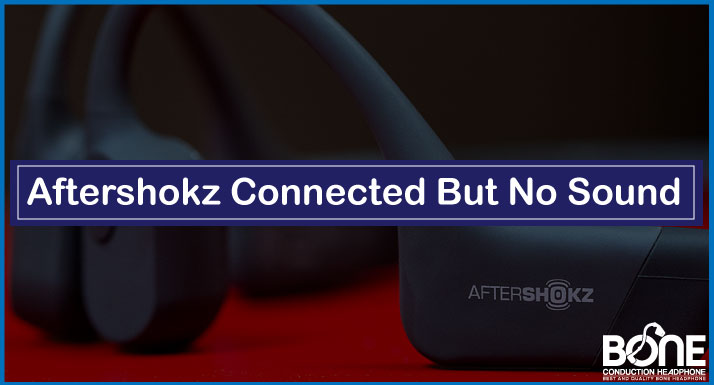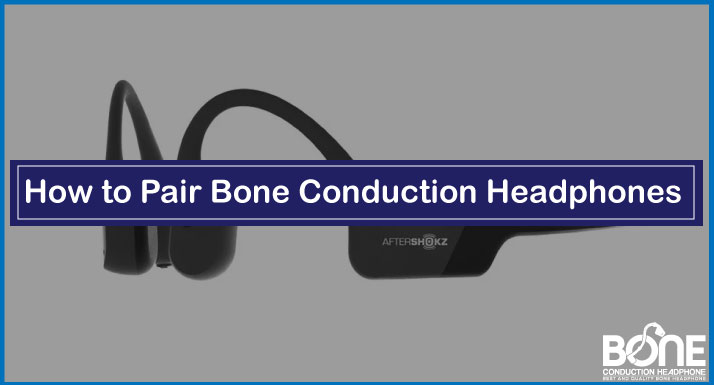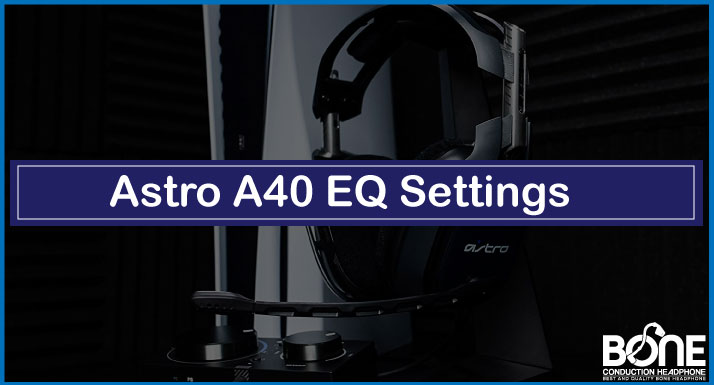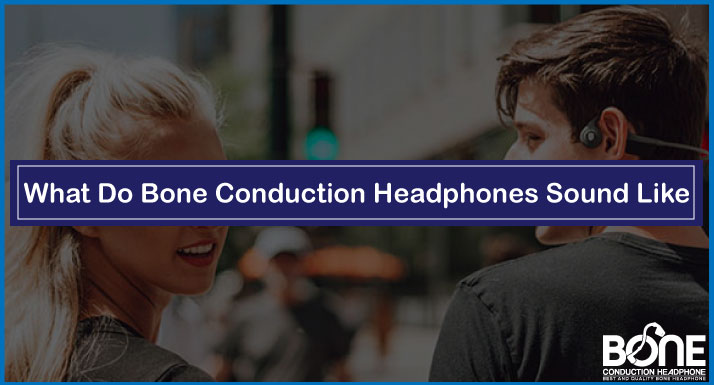Bone conduction headphones have become increasingly popular in recent years as a distinct alternative to conventional headphones. However, as with any emerging technology, concerns about potential health risks have arisen. One such concern is whether bone-conduction headphones can trigger vertigo if you keep on listening to music at loud volumes for a long.
In this article, we will resolve the mystery behind the safety of bone-conduction headphones and provide some nail-biting insights for consumers and enthusiasts alike. Just read along!
Can Bone Conduction Headphones Cause Vertigo?
The bone-conduction headphones rest on the temple region on your cheekbones, pain or discomfort in this area is common. Therefore, it’s crucial to understand the mechanics by which bone-conduction headphones work.
As the vibrations or pressure traveled through these headphones to skull bones concerns have been raised that these vibrational stimulation delivered directly to the skull could affect the delicate balance mechanisms in the inner ear, potentially leading to vertigo.
1 in every 100 people has dealt with this condition where certain loud noises started making their heads spin or they feel like the world around them has started moving. And the more blasting the sound becomes, the greater will be the vibrations which will worsen the condition even more.
However, not every individual feels the same. It depends on the person’s endurance level on how well they perceive or bear these vibrations.
Can Noise-Canceling Headphones Cause Vertigo?
Ever since Apple introduced noise-canceling headphones, people have gone crazy over its immersive music experience. However, little is known about the long-term health damages that these gadgets are causing to the hearing of young youth.
Noise-canceling headphones have been found to cause some severe problems that couldn’t be neglected. One of the crucial symptoms that occurs while listening to them includes vertigo.
This means it’s significant to understand how this technology works. Noise cancellation cancels out all the external ambient sounds, making you lost and isolated from the world. You got deeply and exclusively indulged in the sound which your headphones are producing. Moreover, you become so focused on the sounds that your whole body tries to stay at that point while your inner ears will also try to make that balance.
However, when you turn these off, the inner ear receptors will notice this sudden change and tries to compensate for it, this is when you get off balance and experience the condition called vertigo. Research has found a correlation between this condition and noise-canceling headphones as well.
Additionally, prolonged usage symptoms include headaches, nausea, lightheadedness (dizziness), and tinnitus as well as temporary hearing loss.
Can Bone Conduction Headphones Cause Dizziness?
The conditions Vertigo and dizziness often use interchangeably, however, they are different. Vertigo has been defined in the above section while dizziness is a symptom used when a person specifically feels lightheadedness.
The bone-conduction headphones have been associated with reports of dizziness in some individuals. While scientific research on this specific topic is limited, the direct transmission of sound vibrations through the skull may potentially disrupt the balance mechanisms in the inner ear, leading to dizziness.
Though individual experiences may vary, it is recommended to stop using them and seek medical advice if dizziness occurs.
Can Bone Conduction Headphones Cause Migraines?
While scientific research on the direct link between bone-conduction headphones and migraines is limited, some individuals have reported experiencing migraines or worsening migraine symptoms after using these headphones. The vibrational stimulation directly transmitted to the skull may potentially trigger migraines in susceptible individuals.
It is important for those prone to migraines to be cautious when using bone-conduction headphones and to discontinue use if they experience any adverse effects. Consultation with a healthcare professional is recommended for personalized guidance and support.
Conclusion
Bone-conduction headphones are not suitable for everyone. If you suffer from dizziness, migraines or vertigo, or other such conditions, it’s best to avoid these headphones at any cost. It is advisable to avoid high volumes for extended periods, regardless of the type of headphones you use to protect your ears in the long run.





![How to Pair Aftershokz Air [Step-byStep]](https://www.boneheadphonesera.com/wp-content/uploads/2022/06/How-to-Pair-Aftershokz-Air.jpg)
